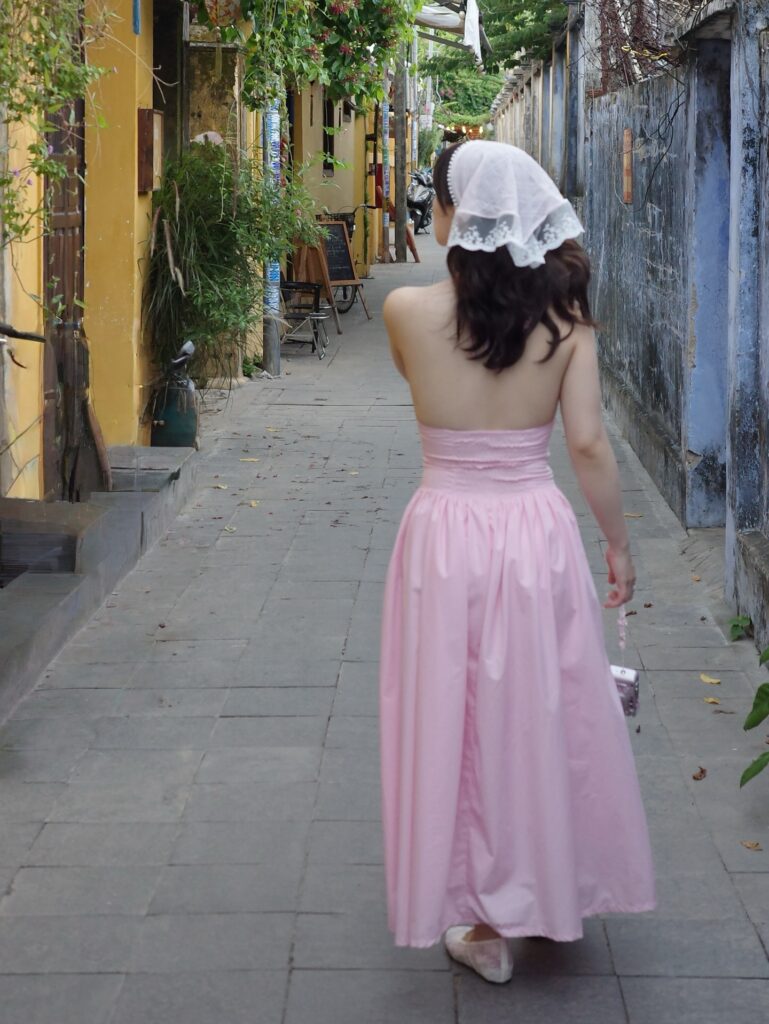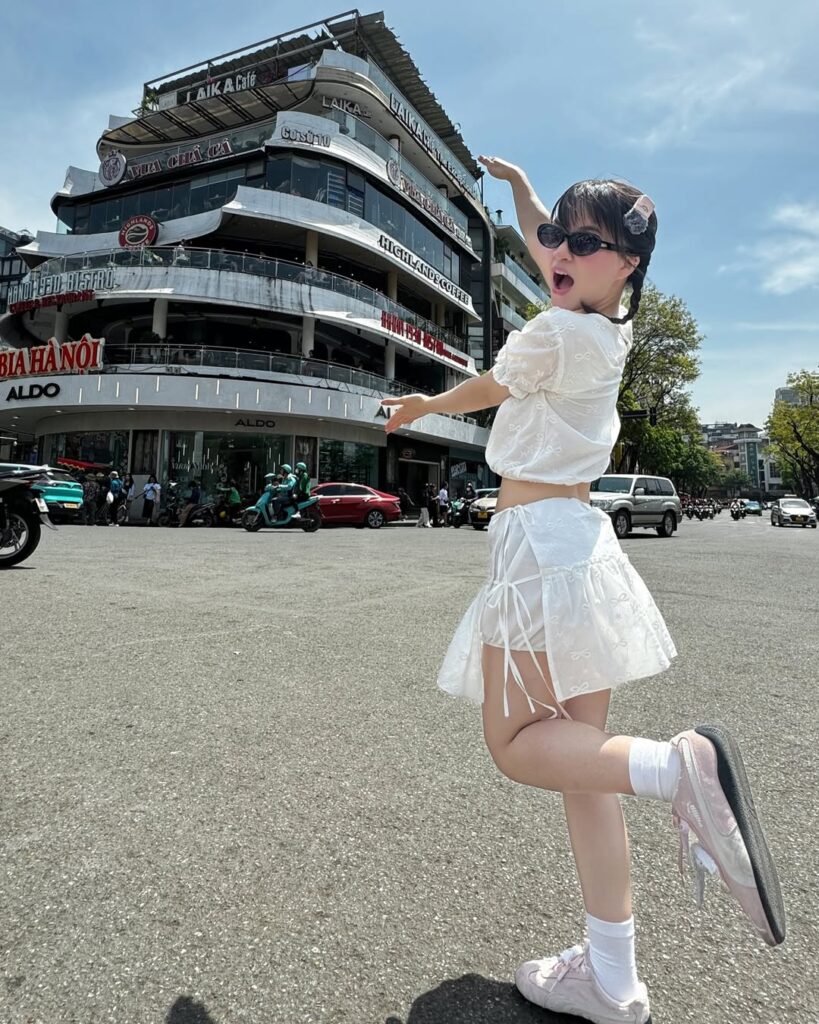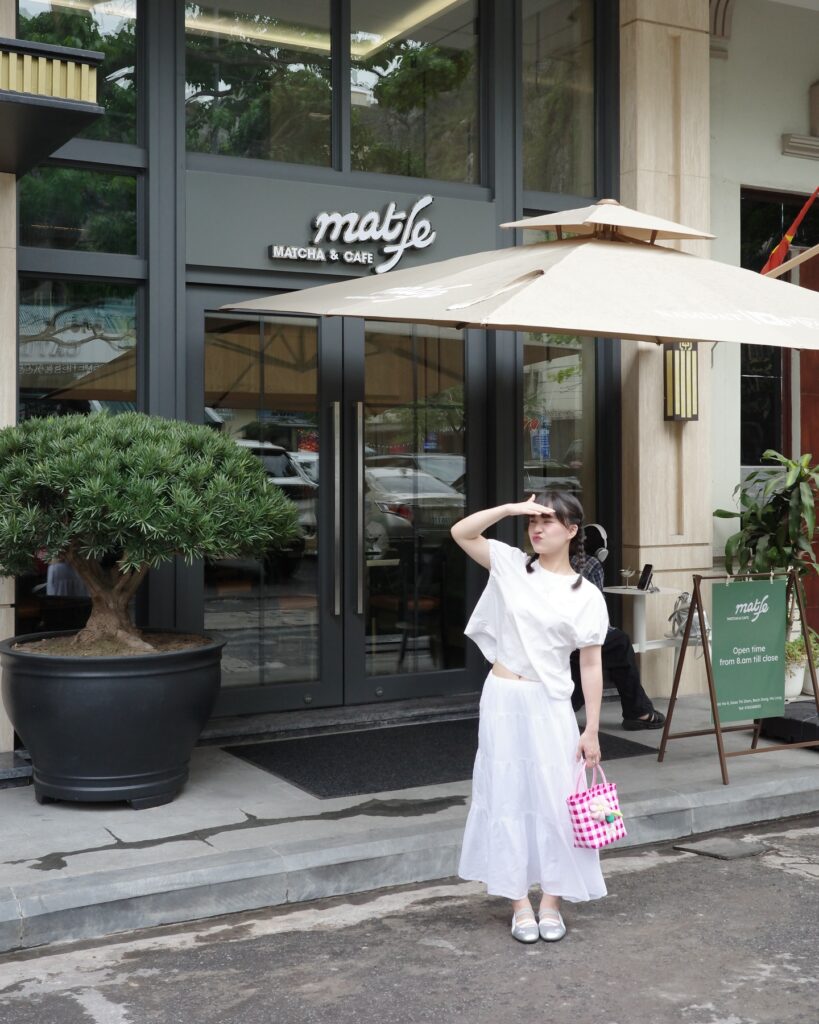Did you know that Hoi An’s Ancient Quarter attracts over 5 million visitors annually, yet most tourists miss its hidden gems? I learned this the hard way during my first visit when I basically just wandered around aimlessly for hours!
Trust me, navigating Hoi An’s Ancient Quarter without a proper plan is like trying to find a needle in a haystack. The narrow streets can be overwhelming, and honestly, I made every rookie mistake possible during my early visits.
What Makes Hoi An Ancient Quarter So Special

The UNESCO World Heritage site isn’t just another tourist trap – it’s a living museum that perfectly preserves 15th-century architecture. Walking through these streets feels like stepping back in time, which sounds cheesy but it’s totally true.
The quarter spans about 2 square kilometers along the Thu Bon River. What struck me most was how the buildings blend Vietnamese, Chinese, Japanese, and French influences seamlessly.
Essential Stops You Can’t Miss
The Japanese Covered Bridge
This 400-year-old bridge is probably the most photographed spot in Hoi An, and for good reason. I’ve been there countless times, and the crowds can get pretty intense around sunset.
Pro tip: Visit early morning around 6 AM for the best photos without the tourist hordes. The lighting is actually better then anyway!
Chinese Assembly Halls
There are five main assembly halls, but the Fujian Assembly Hall is my personal favorite. The intricate carvings and incense-filled atmosphere create this almost mystical vibe that photos just can’t capture.
Each hall represents different Chinese communities that settled here centuries ago. It’s fascinating how these communities maintained their distinct identities while blending with local culture.
Old Merchant Houses
The Tan Ky House and Phung Hung House showcase traditional Vietnamese architecture perfectly. These weren’t just homes – they were businesses, residences, and community centers all rolled into one.
I remember being amazed by the clever ventilation systems and how these 200-year-old buildings stayed cool without air conditioning. Smart design beats modern tech sometimes!
Navigating the Streets Like a Pro
Here’s where I made my biggest mistake initially – trying to see everything in one day. The Ancient Quarter deserves at least two full days to explore properly without feeling rushed.
The main streets are Tran Phu, Nguyen Thai Hoc, and Bach Dang. But honestly, the magic happens in the smaller alleyways where you’ll find local artisans still practicing traditional crafts.
Walking is definitely the best way to get around, though the uneven stones can be tricky. I’ve seen too many people in flip-flops regretting their footwear choices!
Street Food Adventures
The Ancient Quarter is a food lover’s paradise, but navigating the options can be overwhelming. Cao lau, white rose dumplings, and banh mi are the holy trinity of Hoi An cuisine.
My go-to spot is the morning market on Tran Phu Street. The vendors there have been serving the same families for generations, and the authenticity is unmatched.
Just remember – if there’s a line of locals, that’s where you want to eat. Tourist-focused restaurants often compromise on authenticity for milder flavors.
Shopping and Tailoring
Hoi An is famous for its tailors, and there are literally hundreds of them in the Ancient Quarter. I’ve had mixed experiences, so choosing wisely is crucial.
Look for shops that have been around for decades and ask to see their portfolio. Quality varies dramatically, and you definitely get what you pay for in this business.
Bargaining is expected, but don’t be aggressive about it. These are skilled artisans, not street vendors selling mass-produced goods.
Best Times to Visit
Early morning (6-8 AM) and late afternoon (4-6 PM) are golden hours in the Ancient Quarter. The crowds thin out, lighting is gorgeous, and the temperature becomes bearable.
Avoid midday completely – it’s scorching hot and packed with tour groups. I learned this lesson the hard way during my first visit when I nearly passed out from heat exhaustion!
Making the Most of Your Ancient Quarter Experience
Every corner of Hoi An’s Ancient Quarter tells a story, and the best way to experience it is by slowing down and really absorbing the atmosphere. Don’t rush through just to check boxes on your itinerary.
Remember to respect local customs and dress modestly when visiting religious sites. The people here are incredibly welcoming, but showing respect goes a long way.
Want more insider tips about Vietnam’s hidden gems? Check out more travel guides and local insights on Chou Iu – I’m always sharing new discoveries and honest reviews from my adventures across Southeast Asia!




Pingback: Vietnamese Street Food Culture That Changed My Life
Pingback: How I Built My Personal Brand and Found My Unique Voice
Pingback: Morning Habits That Actually Work For You Daily Routine
Pingback: Secret Instagram Spots in Dalat That Tourists Never Discover